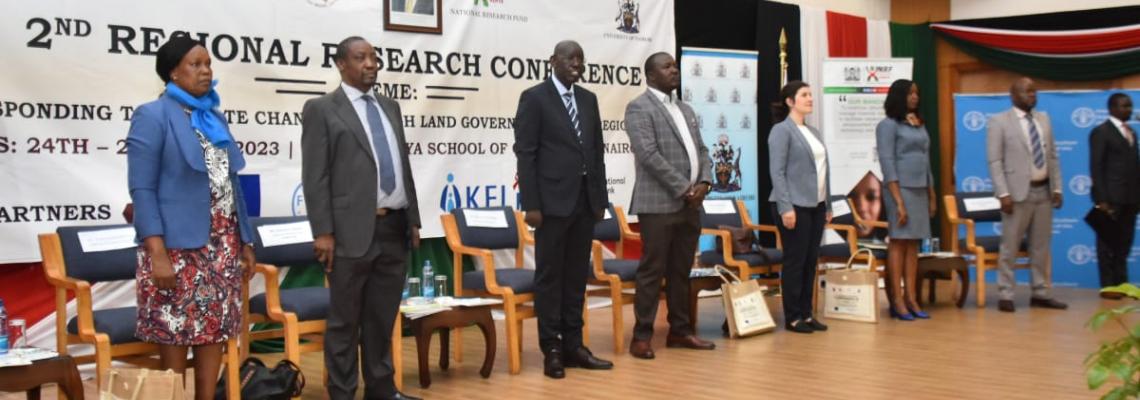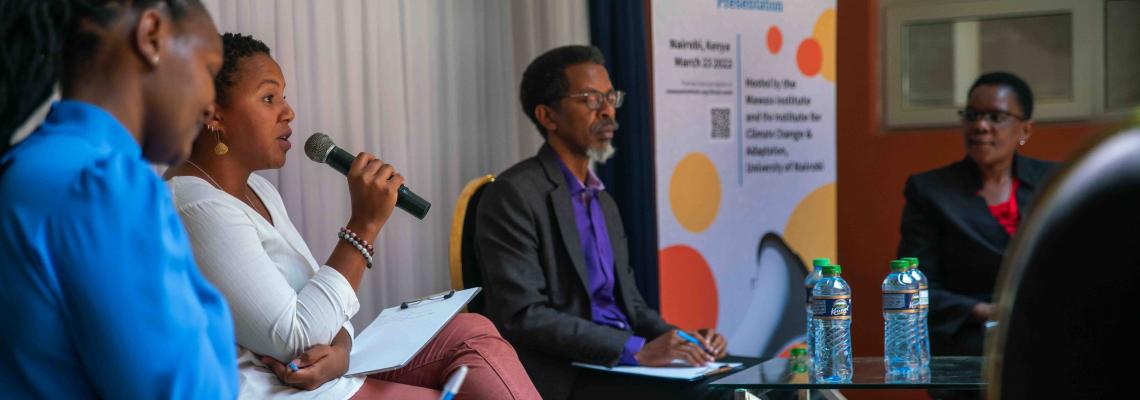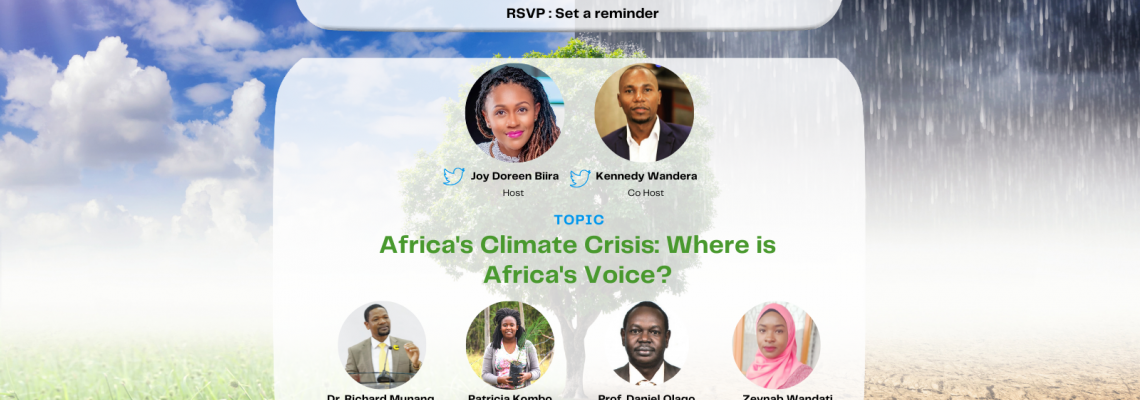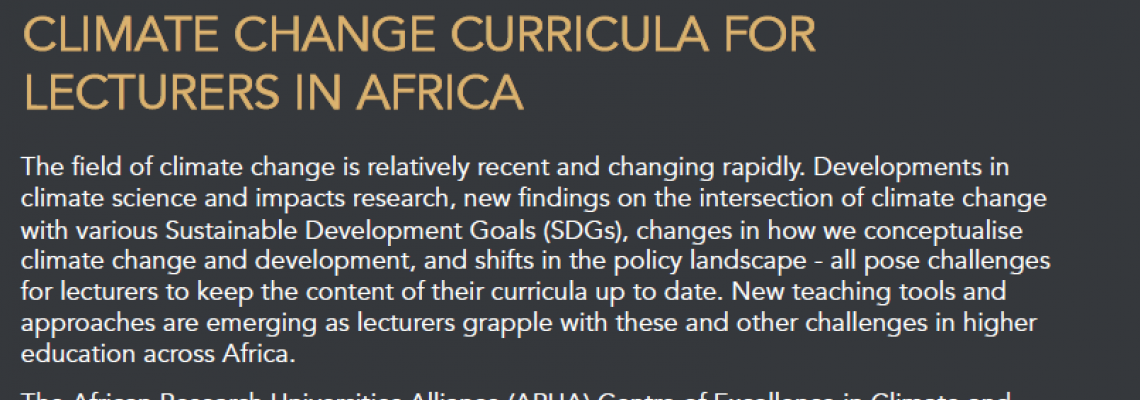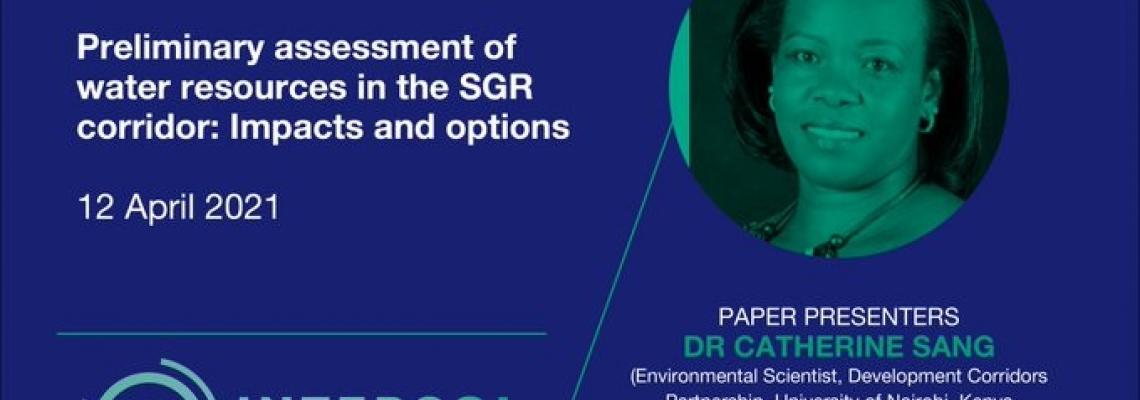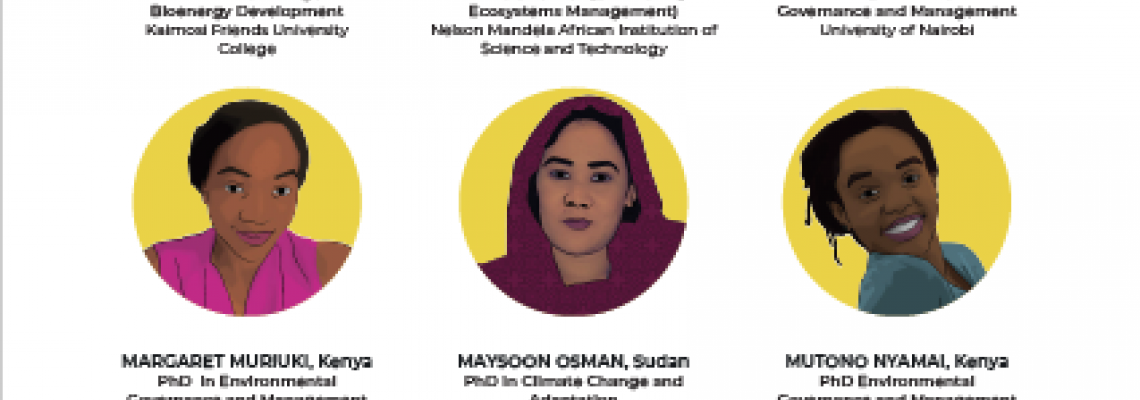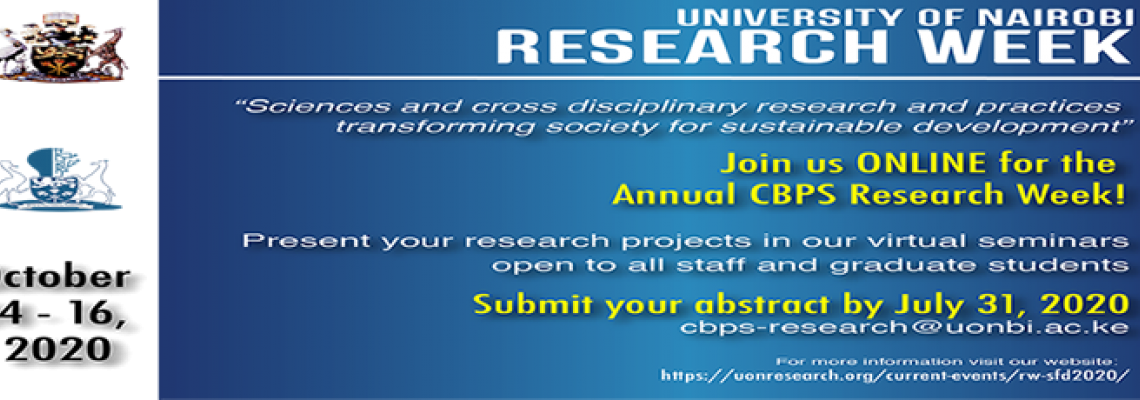Philosophy
The Doctor of Philosophy in Climate Change and Adaptation programme of the University of Nairobi seeks to impart the science of practice in climate change and adaptation among students drawn from both academic and practical fields. The assumption is that climate change affects all spheres of life and each person requires skills to respond to effectively respond to its impacts through policy and strategy applications since the day-to-day socio-economic wellbeing of people and ecology are highly influenced by climate. Additionally, the hazards caused by extreme climate have beguiled humankind since time immemorial and whose solution require cross-sectoral commitments and actions. The adverse effects of these hazards may be minimized through collective understanding of the issues, vulnerabilities, projections and situational analysis of affected areas for relevant home grown solutions taking the living laboratory, hub and spoke and conventional approaches.
Rational
The programmes provides a chance to train a high calibre of professionals in the discipline of climate change and adaptation. They aims to produce well-grounded scholars with competencies in teaching, consultancy, community service and research. The development of these programmes was informed by the demands from academic, industry and problems facing our society, which revealed the need of competent and well-skilled professionals to advance climate change adaptation discourse and solutions. Additionally, this curriculum was informed by input from key industry stakeholders who participated at a workshop. These programmes are intended to provide students who wish to undertake masters and doctoral studies in climate change and adaptation with an opportunity to delve into the theoretical and practical depths of climate change and adaptation. The programme is informed by the dynamic changes and complexities in the climate landscape, coupled with market trends and industry needs. It is also structured to instill requisite skills necessary for the realisation of Vision 2030 and the Sustainable Development Goals. Many governments and organisations in the region have expressed the need to develop staff locally rather than pursue much more expensive programmes in America, Europe and elsewhere. The prevailing climate in a nation drives the socio-economic development especially in the developing world. Clear understanding and expert knowledge of climate are ultimate if factoring this information into the appropriate operational and strategic processes of nation is to be satisfactorily achieved.
Objectives
-
The main objectives at The Institute for Climate Change and Adaptation at the University of Nairobi are to provide and/or conduct:
- Formal training on climate change and adaptation at postgraduate level (Masters and Doctorate) initially, and eventually at the undergraduate level.
- Professional Short courses for various climate change and adaptation actors and stakeholders in the public and private sectors including NGOs;
- Climate change and adaptation research and knowledge exchange;
- Action-oriented community outreach programmes for implementation of practical climate change and adaptation options; and
- Policy advice on climate change and adaptation.

